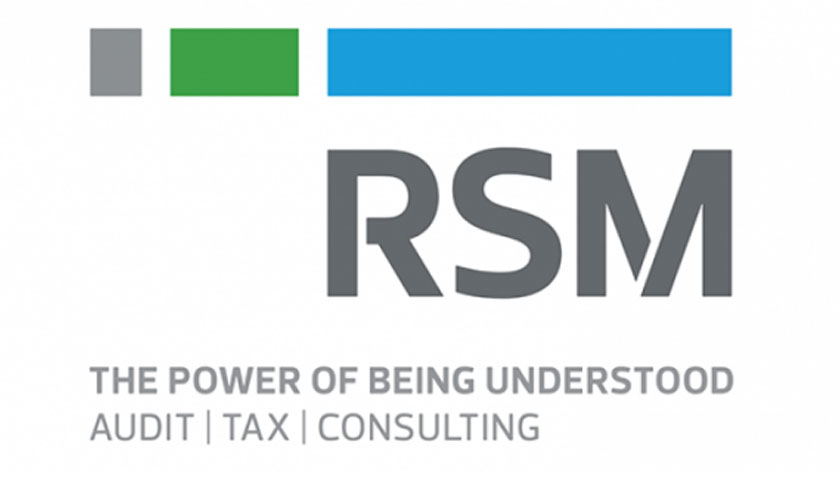As the Charity Commission launches a probe into an armed forces charity’s unaccounted funds, RSM UK is reminding trustees of the importance of keeping detailed, up to date records to avoid regulatory action and hefty fines. In this most recent case, auditors were unable to source records to account for £89,000 of expenditure and £151,000 of donations. Charities are advised to follow the recently updated Charity Commission guidance, ‘Internal financial controls for charities’, known as CC8, to ensure finances are properly managed and documented.
Nick Sladden, head of charities and audit partner, RSM UK says: ‘Administering a charity’s finances and assets is one of the fundamental responsibilities of a trustee. Having robust internal financial controls means charities can be confident they won’t end up the subject of regulatory action including the potential for trustees to be held personally liable for any losses they have caused or helped to cause. Understanding a charity’s financial position is vital for trustees, and this is acknowledged in the updated CC8 guidance. Financial position and performance should be a standing item at trustee meetings, with all being provided the relevant information beforehand. This needs to be accurate and up-to-date, including the latest management accounts, explanations of differences between forecasts and the current financial position, and details of cash flows and bank balances.’
The CC8 guidance recommends:
- managing corruption and bribery risks by maintaining a register of interest for trustees and having hospitality policies
- regularly checking tax exemptions are still relevant
- checking required controls are in place when making payments to related parties
- ensuring appropriate capitalisation, recording and monitoring of fixed assets, including intangible assets, such as intellectual property and software
- checking procedures for spending, managing and accounting for restricted and endowment funds
- recording decisions when approving any loans, including assessments of recipients’ ability to repay.
RSM recommends trustees should review their charity’s financial controls annually as a minimum, using the downloadable checklist provided on the Government’s website. It’s also important to be familiar with the Charity Commission’s CC3 guidance, ‘The essential trustee: what you need to know, what you need to do.’
An over-reliance on one person when undertaking financial transactions is also a major cause of issues for charities and should be avoided. Segregation of duties is a big part of the online banking guidance in CC8, which recommends the use of dual authorisation systems in any setup or changes to bank mandates. Banking controls are at the core of all financial processes, and key recommendations include:
- maintaining a central list of all charity bank accounts
- closing any unused bank accounts
- checking costs and interest rates
- ensuring your bank is regulated by the Prudential Regulation Authority
- seeking adequate approval of bank transfers and payments
- preparing and checking monthly bank reconciliations.
Nick Sladden concludes: ‘Critics have argued that some of the guidance is overly simplistic and too obvious. However, when controls fail, are overridden, when fraud occurs, or the accounting simply goes wrong, it is usually due to a simple weakness in the system that has been overlooked. Following the CC8 and CC3 guidance can go a long way to eliminating risks.’
